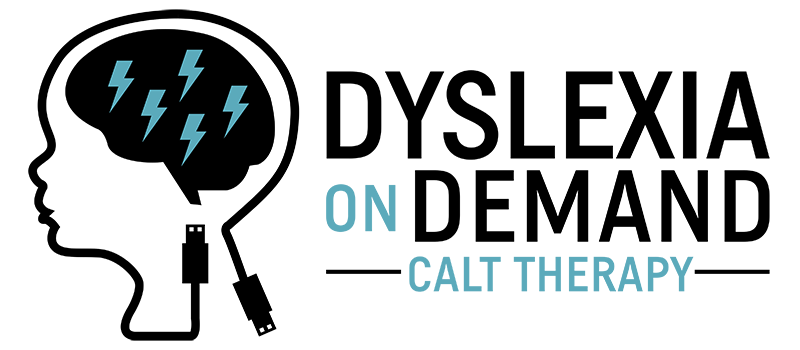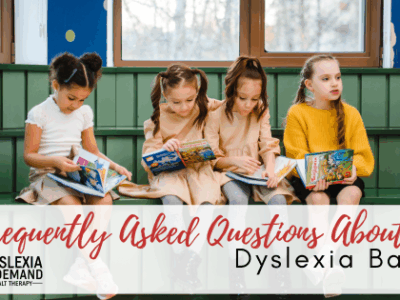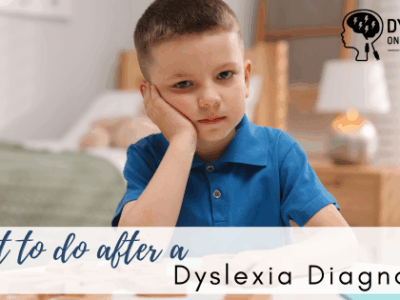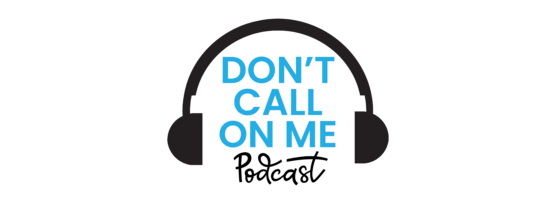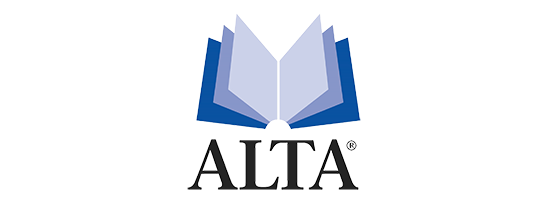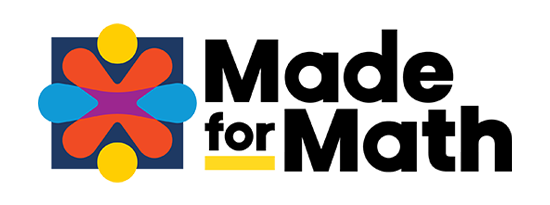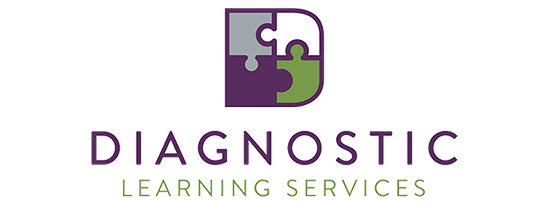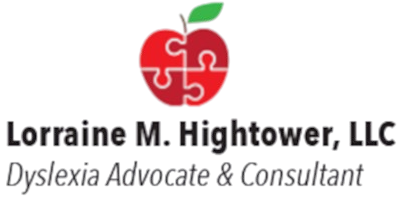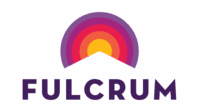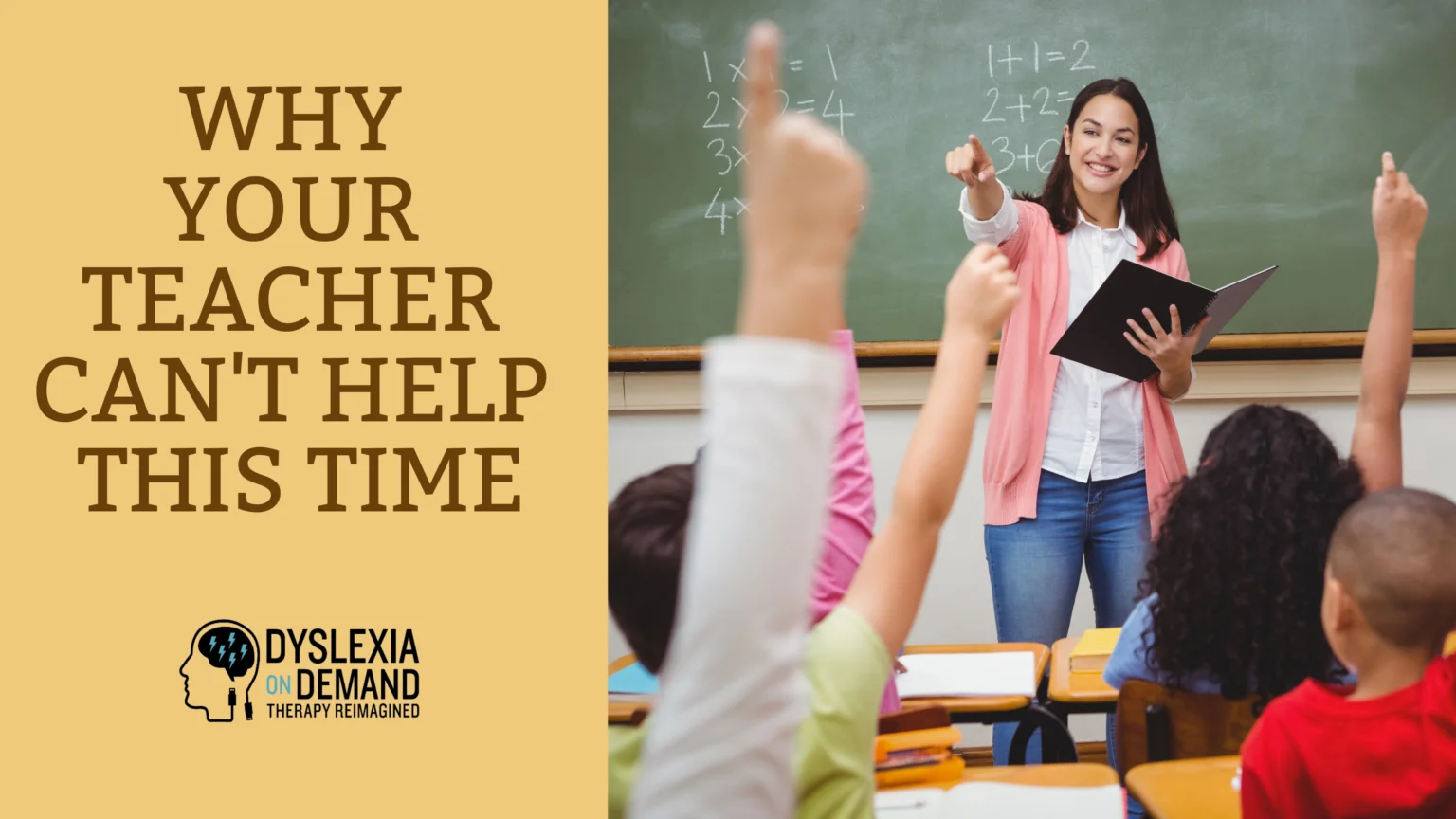
Why Your Teacher Can’t Help This Time
When it comes to education, as parents we always rely on the experts – our schools – to lead the charge. These unsung heroes dedicate their lives to their craft and the betterment of our children. Not only are they schooled in education, but they have years of “boots on the ground” experience.
We rely on these amazing professionals to tell us when things are going well for our children or when trouble is looming. For many children, this “net” system should work to catch them.
So how come this often isn’t the case with our children with dyslexia? Well, for the same reason you can’t fix a torn ACL with an ace bandage. Parents must remember that all teachers, including Special Education teachers, are generalists. They’re basically your “family practice doctors” of the education world. When you really need to fix that torn ACL for future functionality, you go to an orthopedic surgeon.
Leaving Dyslexic Instruction to the Classroom Teacher: The Ace Bandage
Dyslexia is a specific neurobiological problem with the brain’s phonological processor. This is the part of the brain that with adequate exposure begins to automatically develop the skills needed for reading and spelling such as phonemic awareness, and letter and sound acquisition. Research originating back to the 1920s identified the dyslexic brain as requiring a multi-sensory approach to instruction linking the visual, auditory and kinesthetic. When the dyslexic child relies on this for reading and spelling acquisition, their brain must rely on its ability to memorize the information to limp along. They don’t have the ability to apply this knowledge to larger, new words and situations.
School Dyslexia Support Specialist/Hiring an OG Tutor: Taking the Physical Therapy Route
Although few, some schools are fortunate enough via legislation or simply chosen priority to have dyslexia support staff available to help identify and provide intervention. Additionally, parents can hire an outside, private Orton Gillingham (OG) tutor. Any of these professionals should be providing some level of evidence-based dyslexia program using the principals of the Orton Gillingham methodology. Generally, these educational professionals have received training in these programs but have limited dyslexia understanding. While these programs can often prove helpful to students in terms of the proper presentation for the dyslexic brain, they also provide challenges which limit their long-term effectiveness.
Some of the issues with this delivery include:
- The support specialist/OG tutor lacks intimate understanding of the dyslexic brain and how to troubleshoot when the student isn’t progressing.
- The program is often only offered to the child for 30-minute chunks, 2 to 3 times a week which is not sufficient for the dyslexic brain.
- Many of these programs don’t support students when they don’t have a basis of phonemic awareness, the base block of reading. Also, the support specialist/OG tutor often cannot recognize this underlying issue and that it must be remediated before the program can begin.
- Often these interventions are offered in a group setting, also not effective for students with more severe dyslexia and/or comorbid ADHD.
I would like to offer a distinction between the Orton Gillingham tutor trained in Wilson or Barton and AOGPA certified individuals. These folks have studied the dyslexic brain more intensely and accrued the requirements to become certified as an Orton Gillingham professional. They are not the gold standard, but the next best thing. If you have no access to a CALT, make sure that your OG “tutor” is AOGPA certified.
Please recognize that any OG programming can be extremely beneficial for children with dyslexia. This is not a criticism but instead a distinction in the intervention systems and professionals that exist. It’s the same way in that all children with dyslexia are snowflakes and come to us with different degrees of severity and pronounced deficit areas. The ace bandage or the physical therapy route CAN help some, but many need “surgery” to truly ameliorate the situation for a lifetime.
The Certified Academic Language Therapist: The Orthopedic Surgeon
When looking to provide long term brain rewiring, parents should seek to find a Certified Academic Language Therapist (CALT). These individuals have received intensive instruction and clinical experience in the workings of the dyslexic brain. They have a deep understanding of the different deficit areas of the dyslexic brain. They know what is needed to specifically “trouble shoot” when needed.
A CALT is the only dyslexia professional qualified to implement a therapeutic program for the treatment of dyslexia. Therapeutic programs, such as Take Flight or Basic Language Skills (BLS), are explicit, systematic, high-repetition, multi-sensory Orton Gillingham based programs. They literally create new neural pathways in the dyslexic brain so that they can access the written code. A two-year course of therapy with a CALT is considered to be the long-term fix for a student with dyslexia. This is similar to how an orthopedic surgeon will fix that ACL for a lifetime, allowing its owner to return back to their active lifestyle without significant limitation.
